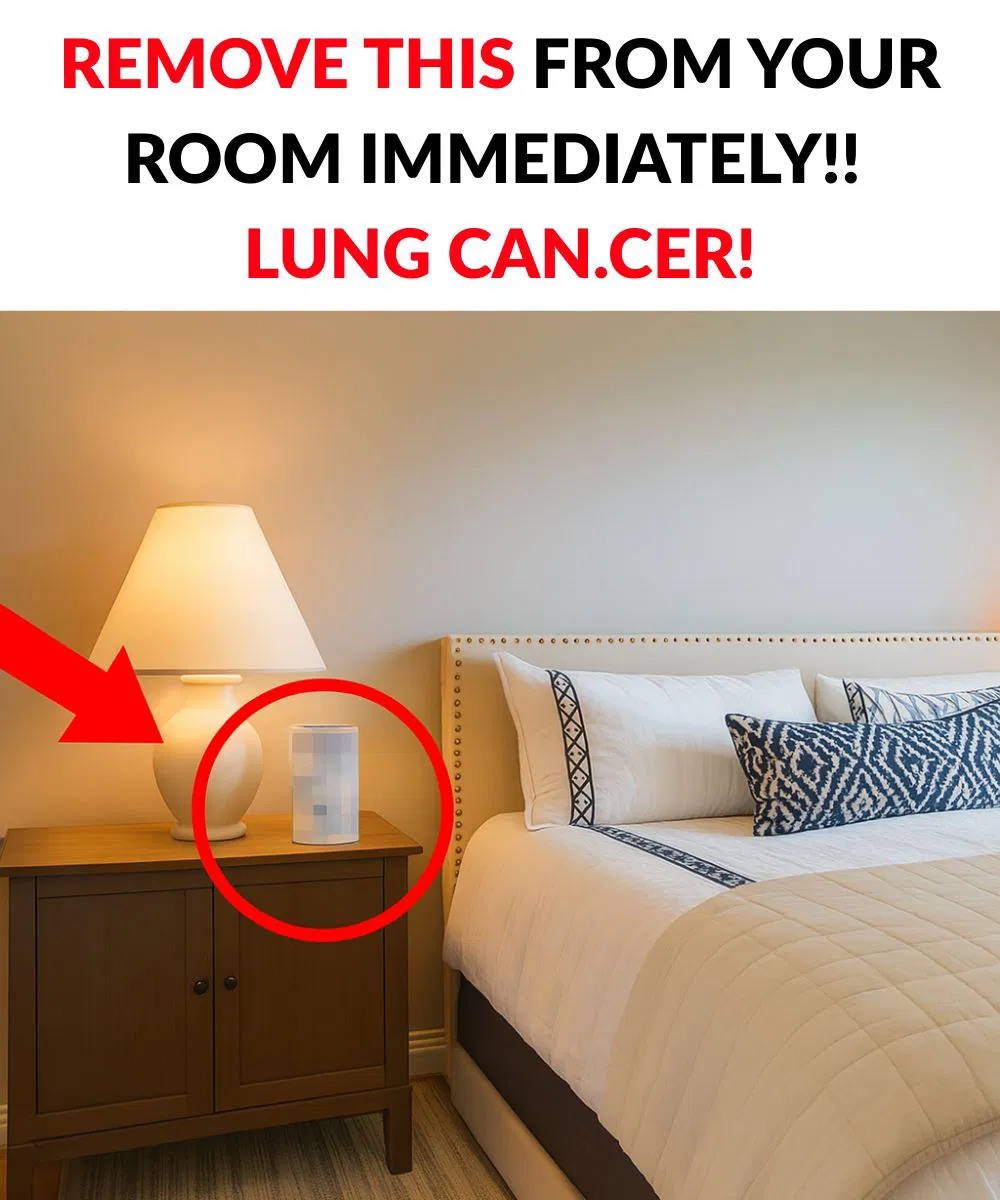
6 Everyday Household Items That May Be Harming Your Health
Cancer remains one of the most challenging health conditions, often triggered by immune dysfunctions, genetic factors, or prolonged exposure to environmental toxins. While we focus on external dangers, many carcinogens quietly reside in our own homes. Below are six common items that may pose health risks—and how to safeguard against them.
1. Scented Candles & Air Fresheners
These popular mood enhancers often contain limonene and phthalates. While limonene adds a fresh citrus scent, it can turn into formaldehyde when exposed to air—an agent linked to lung and breast cancer, inflammation, and harm during pregnancy. Phthalates, used to extend fragrance, are endocrine disruptors linked to liver cancer and hormonal imbalance.
Tip: Avoid burning candles in small, enclosed spaces and ventilate your home regularly.
2. Humidifiers
Humidifiers can become breeding grounds for bacteria if not cleaned properly. Studies show that even distilled water grows microbes after one night. Stagnant water can harbor Legionella, Streptococcus, and other respiratory pathogens.
Tip: Clean tanks every other day and allow them to dry thoroughly.
3. Dry-Cleaned Clothes
Most dry cleaners use perchloroethylene, a known carcinogen associated with bladder, esophageal, and uterine cancer. Inhaling residual chemicals can cause dizziness, memory issues, and rashes.
Tip: Remove plastic covers and air garments for several hours before storing them.
4. Cash Register Receipts
Thermal receipts often contain BPA, linked to breast cancer, early puberty, birth defects, and diabetes.
Tip: Handle only the non-printed edges and avoid storing receipts in pockets or wallets.
5. Hairbrushes
Brushes collect bacteria and skin cells, leading to itchiness, dandruff, and hair loss.
Tip: Soak brushes in warm, soapy water for 10 minutes weekly and dry them in sunlight.
6. Remote Controls
Often overlooked, remotes are hotspots for E. coli, Staph, and pneumococcus—especially in hotel rooms.
Tip: Wipe remotes with alcohol-based cleaners regularly, especially when traveling.
Conclusion:
Daily awareness and simple hygiene practices can drastically reduce your exposure to hidden household toxins. Protecting your home is not just about cleanliness—it’s a step toward long-term well-being.




